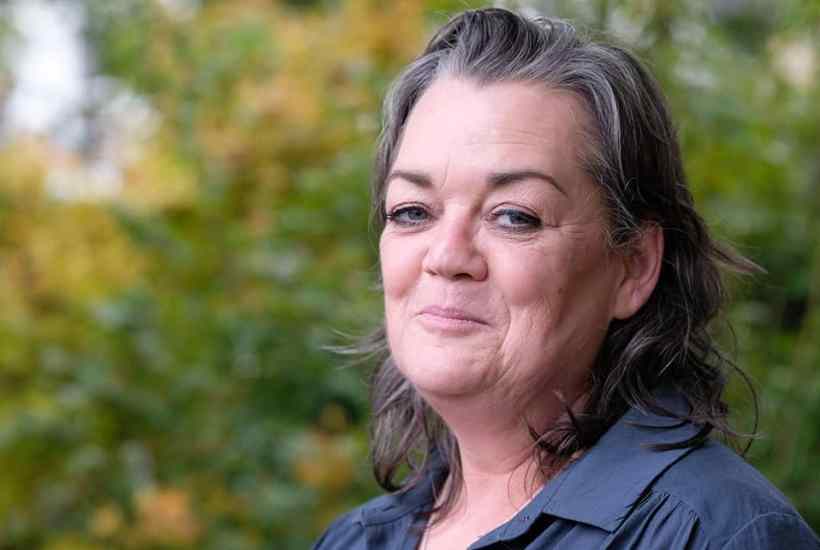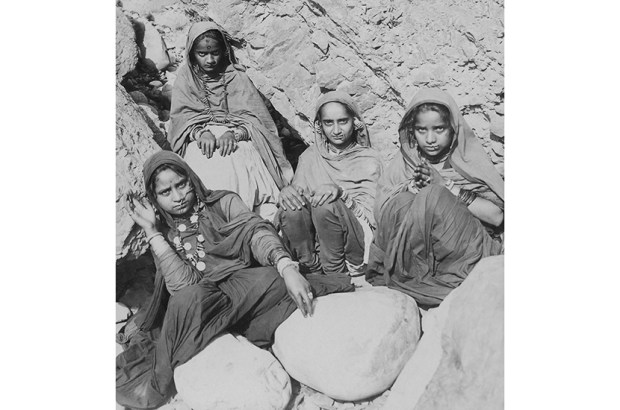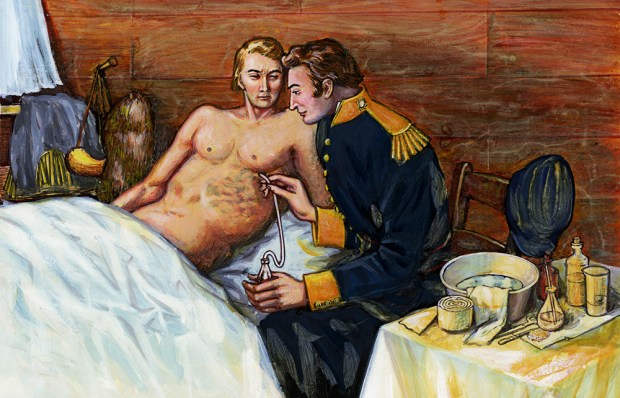Kenneth Branagh’s Oscar-winning recent film Belfast chronicles the travails of a Protestant family amid sectarian conflict in 1969. Louise Kennedy’s much hyped first novel, set outside Belfast in 1975, explores the same tensions from a different perspective. Like her protagonist Cushla, Kennedy’s Catholic family owned a pub in a Protestant-majority town, and Trespasses captures how it feels to be outnumbered and under scrutiny.
Kennedy’s career is enough to inspire anyone. A chef for 30 years, she only began writing at 47, but her ascent since is far from typical: nine publishers fought over her debut short story collection The End of the World is a Cul de Sacand she has twice been shortlisted for the Sunday Times Audible Short Story Award. In lockdown, her straight-talking tweets went viral, and Trespassescrackles with the same blunt humour.
We meet Cushla, aged 24, teaching seven-year-olds at a Catholic primary school (and fending off Father Slattery’s fire-and-brimstone interventions) while trying to limit her mother’s gin consumption and pulling pints at the pub her brother inherited from their recently deceased father. There she meets Michael Agnew, an older, married Protestant barrister, known to ‘charm the knickers off you’, and tumbles headlong into an affair. Meanwhile, at school, she’s moved by the plight of the class pariah Davy McGeown, and when his father is beaten nearly to death decides to help the beleaguered family, the only Catholics living on a rough estate.
What elevates a familiar tale of forbidden love across faith and class barriers is the interplay between Cushla’s private relationships, her professional actions and the political context. The vivid, propulsive narrative is punctuated by grim headlines, often recited by her pupils, who are fluent in the vocabulary of war. Slow news days don’t exist, and the book gathers a deathly momentum as it hurtles towards its shocking climax.
In quick-witted Cushla, Kennedy has created a compelling protagonist who keenly feels the humiliations of being a philanderer’s ‘bit on the side’, yet can’t resist the affair’s precarious, tunnel-vision intensity. The scenes involving children avoid the tweeness that blighted Belfast and show how Catholic youth, marginalised and deprived of opportunity, became vulnerable to radicalisation.
This cleverly crafted love story about ordinary lives ravaged by violence tears at your heart without succumbing to sentimentality. It reveals the bleak consequences of crossing invisible lines in a fractured community, even with the best intentions.
Got something to add? Join the discussion and comment below.
Get 10 issues for just $10
Subscribe to The Spectator Australia today for the next 10 magazine issues, plus full online access, for just $10.
You might disagree with half of it, but you’ll enjoy reading all of it. Try your first month for free, then just $2 a week for the remainder of your first year.














Comments
Don't miss out
Join the conversation with other Spectator Australia readers. Subscribe to leave a comment.
SUBSCRIBEAlready a subscriber? Log in